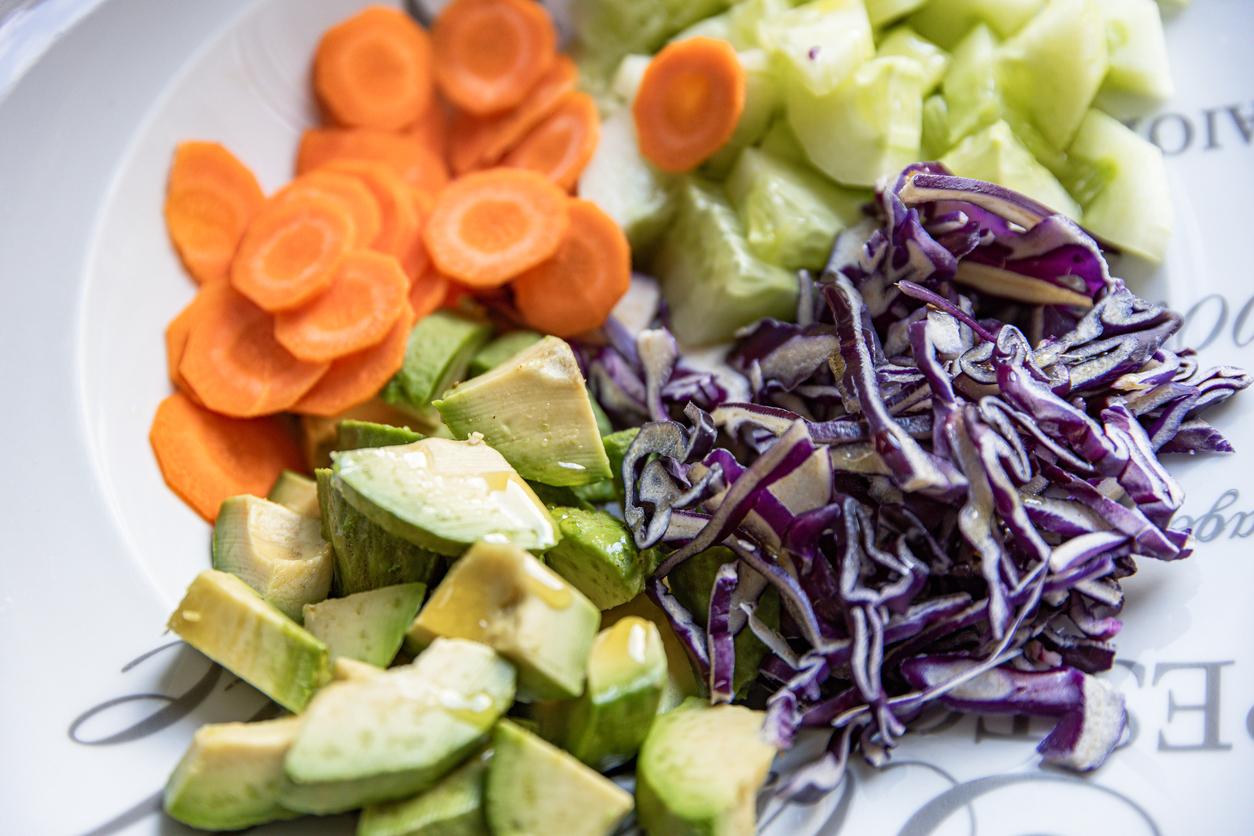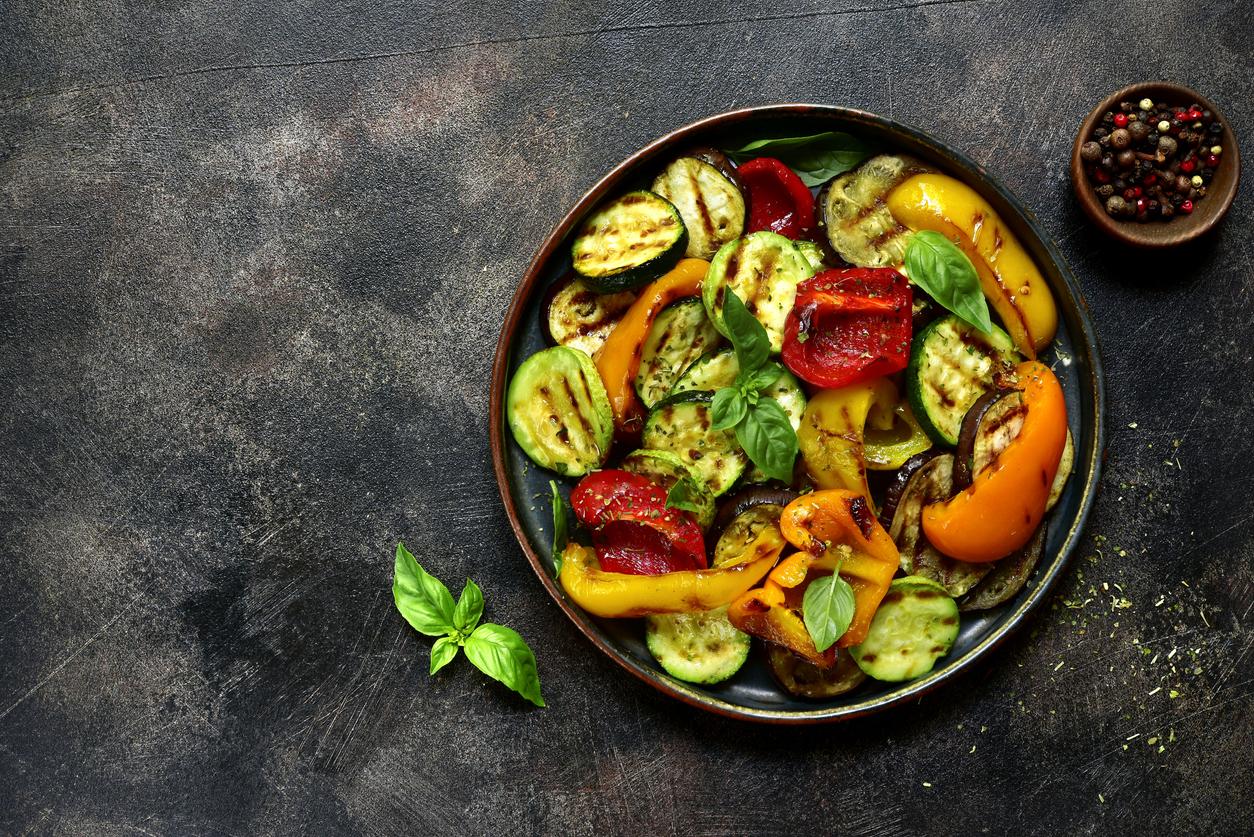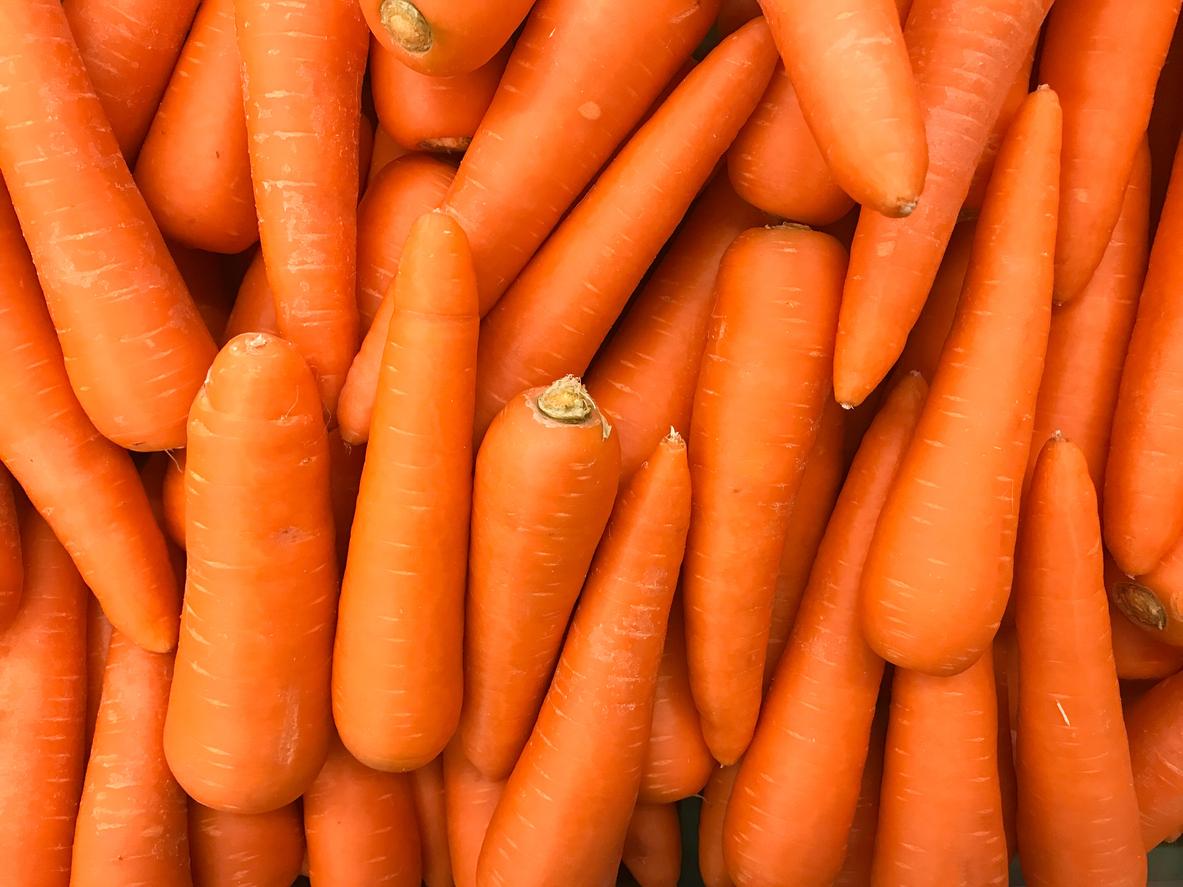The start of the school year marks the return of so-called “winter” pathologies: colds, “cold snaps” and end-of-year viruses are lying in wait, ready to fall on us! Result: young and old, many of us suffer from persistent fatigue, a runny nose, a scratchy throat and/or a persistent cough…
Exactly: if you are particularly sensitive to respiratory infections (such as nasopharyngitis, bronchitis, flu, etc.), researchers from the Francis Crick Institute (in England) advise you to slightly modify your diet so as to consume more cruciferous vegetables. .
Broccoli, kale, cauliflower, green cabbage…
What is the relationship between cruciferous vegetables and resistance to winter diseases? Thanks to an experiment carried out on mice, British scientists noticed that the consumption of cruciferous vegetables promoted the activation of a specific protein (aryl hydrocarbon receptor or AHR) located in the wall of the lungs. However, when “activated”, the AHR protein boosts the immune system and limits the permeability of the lung wall, thus preventing the penetration of pathogens and pollutants.
Conclusion ? From fall, it is essential (according to researchers) to consume more cruciferous vegetables; this includes broccoli, cauliflower, collard greens and kale. Good news: excellent for your health, these vegetables can be cooked in many ways – as an accompaniment to meat, steamed, baked with a creamy sauce, in a cold salad for lunch, in a soup for a light dinner. .Just find recipes!
Source : Francis Crick Institute


















